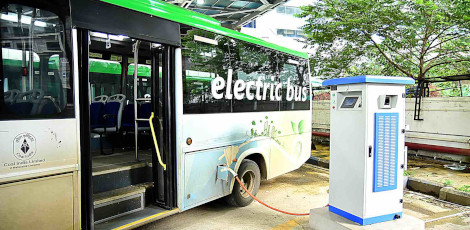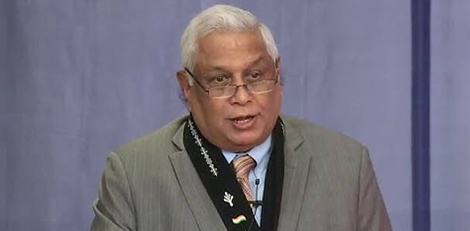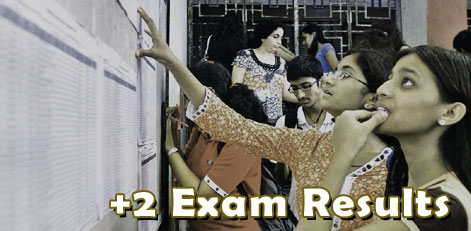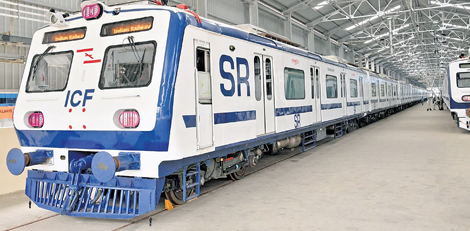ECONOMIC PARTNERSHIP AGREEMENT (EPA) WITH JAPAN IS EXPECTED TO IMPROVE BILATERAL RELATIONSHIP
Posted on: 27/Aug/2010 2:59:41 AM

Kazuo Minagawa, Consul General of Japan in Chennai while Delivering a lecture on �Lessons and outlook learned from economic development of Japan and Asia� under the auspices of the Consulate-General of Japan and the Indo-Japan Chamber of Commerce and Industry (IJCCI) on Thursday was optimistic about the India Japan relation which is expected to improve .
Addressing the audience, Toshihiko Kinoshita, special researcher, Industrial Management Institute, Waseda University, Japan said that the future of Indo-Japan relations looked bright and said that the proposed Economic Partnership Agreement (EPA) between the two countries would further deepen bilateral ties.
The Economic Partnership Agreement between Japan and India was expected to be signed soon. Which is expected to widen the opportunities for closer cooperation, Prof. Kinoshita said. He commented that India needed to develop closer relations with East Asia, improve its business climate and more importantly raise its productivity levels. He said that the ideal way to move forward would be to expand foreign investments while sustaining domestic growth, he said.
According to Prof. Kinoshita, some of the unique aspects of the Japanese business ethics were the importance attached to �middle-up� decision-making (where middle level managers guided the growth of a company), the principle of total quality control and on-the-job training, the ability to add homespun values to ideas absorbed from the outside world and value attached to customer satisfaction.
Kazuo Minagawa, Consul General of Japan in Chennai, said India and Japan shared a lot of ground for collaboration in terms of funding, capital, technology and transfer of know-how.
�Unless we give quality education, it will not be possible to sustain the growth� Chancellor, VIT
The Indian education system has to be reformed to enable students to get quality education and to prepare them for the world market, said G. Viswanathan, Chancellor, VIT University, while Addressing the members of Indo-American Chamber of Commerce as part of �Meet success first hand` series on Wednesday. Usha Srinivasan, Chairperson, IACC (Tamil Nadu); Andrew T. Simkin, U.S. Consul-General in Chennai and R Veeramani, past National President, IACC, were present in the meeting which was held in Chennai on Wednesday.
The Chancellor went on to say that the Indian higher education system has rigid policy that would not allow students to switch over to other subjects. He said further that We had to introduce flexibility. Curriculum had to be updated on a regular basis. Amendments have to be made to education policy and more money has to be spent on higher education. Universities offered higher education the world over, but in India it was the colleges that did so and these colleges did not have adequate infrastructure and that`s why they were l lagging behind in terms of global ranking of universities,
He added.
He advocated the US model as good, explaining that the numbers there were high and the quality was good.
He strongly advised that unless we give quality education it will not be possible to sustain the growth. We need qualified youngsters.
Noting that only IISc and IIT Kharagpur were mentioned in the Best 500 Universities in the World, he said �We have a long way to go in terms of higher education. Only 12 per cent of 220 million students have access to higher education in terms of gross enrolment ratio. Government alone cannot invest money and it calls for contributions from private sector. Besides, only four per cent of the GDP was spent on higher education against the targeted six per cent. We have been lobbying to get higher funds for education as well as for the health. �








